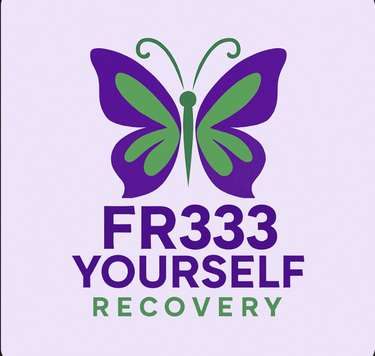Drug Addiction
Understanding the impact and challenges of substance dependence
Understanding Addiction
Drug addiction is a complex condition that deeply affects both the brain and behavior, influencing how a person thinks, feels, and makes decisions. Over time, substance use can change brain chemistry, creating powerful cravings and a dependency that is difficult to overcome without help. Addiction is not a sign of weakness, it is a chronic but treatable condition that requires understanding, compassion, and comprehensive care.





FAQs
What is addiction?
Addiction is a condition where the body or mind develops a strong craving for a substance or behavior, even when it causes harm. It affects brain function, leading to loss of control, tolerance, and dependence over time. With proper treatment and support, recovery is possible, allowing individuals to regain balance, health, and freedom from addiction.
What causes addiction?
How does addiction affect health?
Can addiction be treated?
How to help someone addicted?
Addiction affects both physical and mental health in powerful ways. Prolonged substance use can damage vital organs such as the heart, liver, and brain, leading to chronic diseases, weakened immunity, and hormonal imbalances. Mentally, addiction can increase anxiety, depression, mood swings, and cognitive problems, while disrupting relationships and daily functioning. It also alters the brain’s reward and decision-making systems, making it harder to feel pleasure or control impulses without the substance. Over time, these effects can impact every area of life, but with proper treatment, many of these damages can be healed or reversed.
Helping someone struggling with addiction starts with compassion, patience, and understanding. Avoid judgment and focus on listening, offering emotional support, and encouraging them to seek professional help. Educate yourself about addiction so you can better understand what they’re going through and set healthy boundaries to protect your own well-being. Encourage treatment options such as therapy, support groups, or rehabilitation programs, and remind them that recovery is possible with the right help. Most importantly, be consistent, your support and belief in their ability to heal can make a powerful difference.
Addiction can be caused by a combination of biological, psychological, and environmental factors. Genetics, brain chemistry, trauma, chronic stress, and early exposure to substance use can all increase vulnerability. Emotional pain, untreated mental health conditions, and social influences, such as peer pressure or family dynamics, can also contribute. Over time, repeated use of substances alters the brain’s reward system, making it harder to feel pleasure without the substance and reinforcing the cycle of addiction.
Yes, addiction can be treated. While it is a chronic condition, recovery is absolutely possible with the right combination of support, treatment, and commitment. Effective treatment often includes therapy, medication management, psychiatric care, and lifestyle changes that address both the physical and emotional aspects of addiction. At Fr333 Yourself Recovery Center, we use a holistic and evidence-based approach to help individuals heal from the inside out, rebuild their lives, and maintain long-term recovery. With compassion, structure, and continued support, lasting change becomes achievable.

